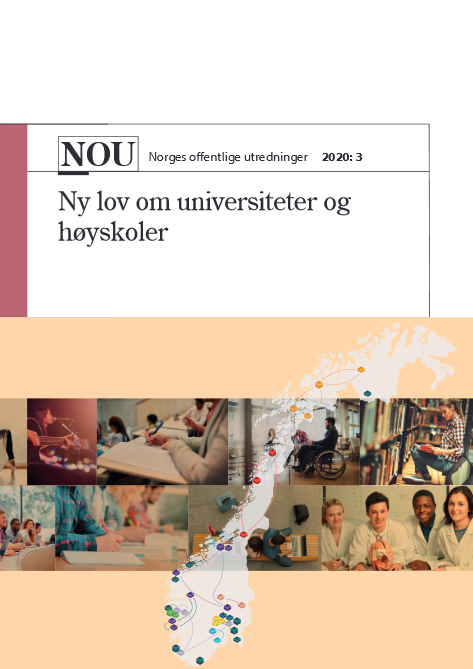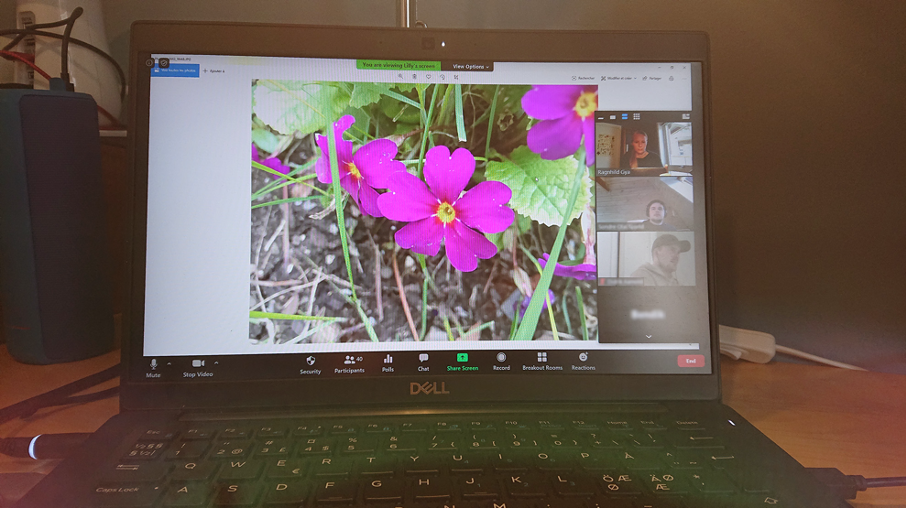Writing Science – what do you do when work as you know it ceases to exist?

Photo: S. Lang
In spring 2020, when the world suddenly faced Corona, and all UNIS courses were cancelled, we suddenly saw an opening to work on other frontiers. It was time to breathe in and think about how to use the time for those students that are still here. In Arctic Biology, several new PhD students had started recently, and we recognized their need to develop their writing skills.
Coincidentally, I was advised by a friend of mine, the glacial microbiologist Arwyn Edwards, to start reading a book called “Writing science” by Joshua Schimel. As I got into reading, I soon realized that what is needed here is an audience or a training platform. This is how the idea was born to create a writing workshop for PhD students at UNIS.
Further discussions with colleagues in Arctic Biology enabled me to initiate this workshop which has been running now for several weeks. We started with reading and discussing papers, the students were writing research proposals, and we involved Janet Holmen in the writing and feedback process.
One of the primary ideas was to develop the writing skills of our PhD students, especially in times when it is not clear whether PhDs in a foreseeable future will be able to take writing courses on the mainland. Yet we also aim to use what we learn through this writing workshop to contribute to bioWRITE https://biowrite.w.uib.no/. Part of the elements of the workshop may also be used as course assignments and I am looking forward to integrate these in the upcoming winter ecology course AB329/829 next spring. Thus the writing workshop has triggered many new thought processes which we plan to present at the next Learning Forum at UNIS.

Illustration by S. Lang
In the short time the workshop has run, I recognize several positive aspects already. Not only have I improved my scientific writing by facilitating this workshop, taking part in rewarding discussions from terrestrial, marine to molecular biology; but I have also learned about online teaching in numerous ways, a skill which we most likely will need in all our future work, from teaching to conferences.
One aspect I would like to mention and which we should not underestimate, is that the students were actively participating and meeting online, in a time where gatherings and normal office work were not feasible. Bonding in a time of isolation, and regaining structure in your work life can be potential outcomes of a workshop which was meant to be a pure learning structure to begin with.
We will continue with our writing workshop in the coming year and I am excited of where the journey will take us.
Simone Lang, Department of Arctic Biology, UNIS



